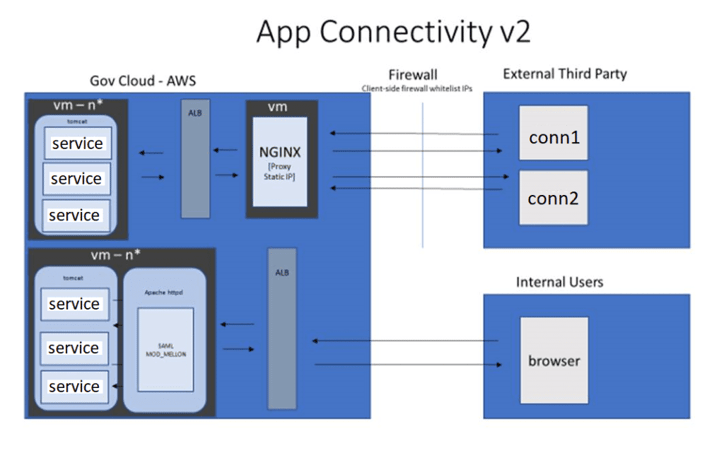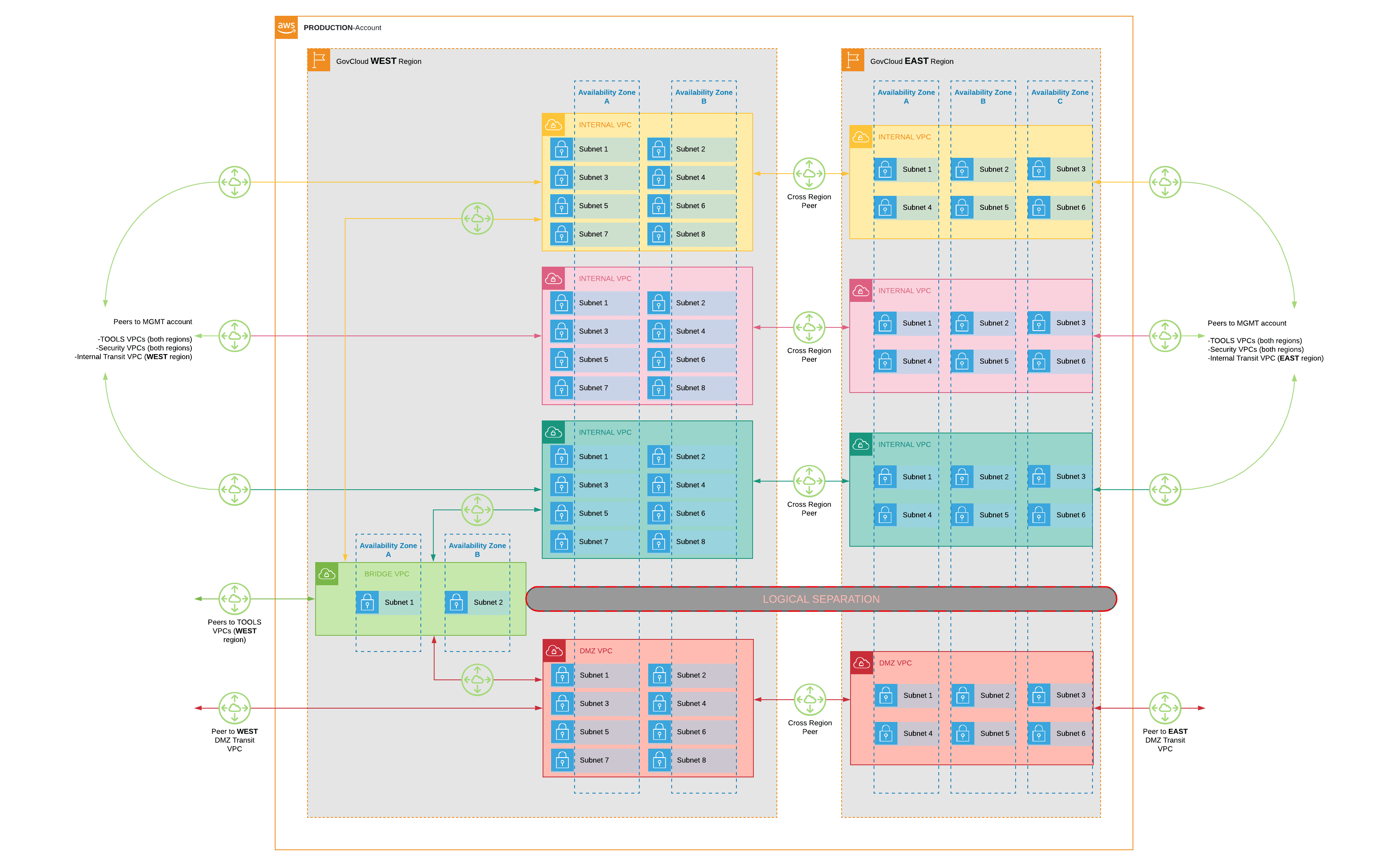Cloud Enterprise Architecture, cloud migration, Cloud Networking
Case Study: Cloud Application Architectural Modernization
Background
In 2019, a large U.S. Government Agency completed a data center migration into a cloud hosting environment (CHE). Following a rigid deadline, most of the applications were rehosted or ‘lifted and shifted’, rather than being re-architected for the cloud environment. As a result, most applications were unable to scale in the new environment or were tied to centrally managed clusters.
The applications required intensive manual support for patching and upgrades; operating costs were higher than anticipated as cloud resources were running on a 24/7 mode (despite minimal usage).
Analysis
Simple Technology Solutions (STS) conducted an architectural assessment and identified a number of changes that would significantly impact cloud application performance, development speed in the CHE, and cloud cost control.
STS Recommendation:
- To control infrastructure with higher flexibility, move applications from the IBM Websphere Application Server (WAS) clusters to Tomcat, Resin, and Wildfly.
- Reduce licensing costs for COTS software through judicious open source software adoption.
- Datapowers replaced by Activemq for service queuing.
- Develop customization strategy (with individualized attention and scheduling time) for application teams and engineers to architect custom solutions and deployment pipelines.
Solution
- STS Cloud Engineers created a continuous integration roadmap for the application teams.
- The team developed scripts using Terraform, Chef, and Jenkins to transform the infrastructure into a Cloud Architecture and CHE compliant state.
- By addressing application-specific needs with the Cloud Solutions Architect, teams identified best practices for cloud architecture development.
- Based on feedback and discussions with application teams, cloud engineers were able to identify and address pain points more effectively.
Benefit
STS Cloud Engineers conducted a thorough discovery process and workload evaluation to develop and design a successful cloud modernization strategy. Working with stakeholders, Cloud Engineers explored the best options for tool adoption, cost control, and application team ownership of the development lifecycle. Guided by the new cloud adoption pattern, high-performing teams could automate their team-managed deployments into lower environments.
The STS solution reduced costs, increased automation, and optimized the cloud modernization lifecycle. To track performance and scalability, STS continuously evaluated the application’s speed, scalability, and stability.
Solution Architecture Diagram

STS Cloud Engineers conducted a thorough discovery process and workload evaluation to develop and design a successful cloud modernization strategy
Like what you're reading? Start a conversation by booking a meeting with us today.
Download the Government’s Guide to Achieving Cloud Scale to learn more about design principles necessary for achieving cloud scale.

![[STS] Cloud Scale eBook Cover](https://resources.simpletechnology.io/hs-fs/hubfs/Premium%20Content/%5BSTS%5D%20Cloud%20Scale%20eBook%20Cover.jpg?width=344&name=%5BSTS%5D%20Cloud%20Scale%20eBook%20Cover.jpg)



